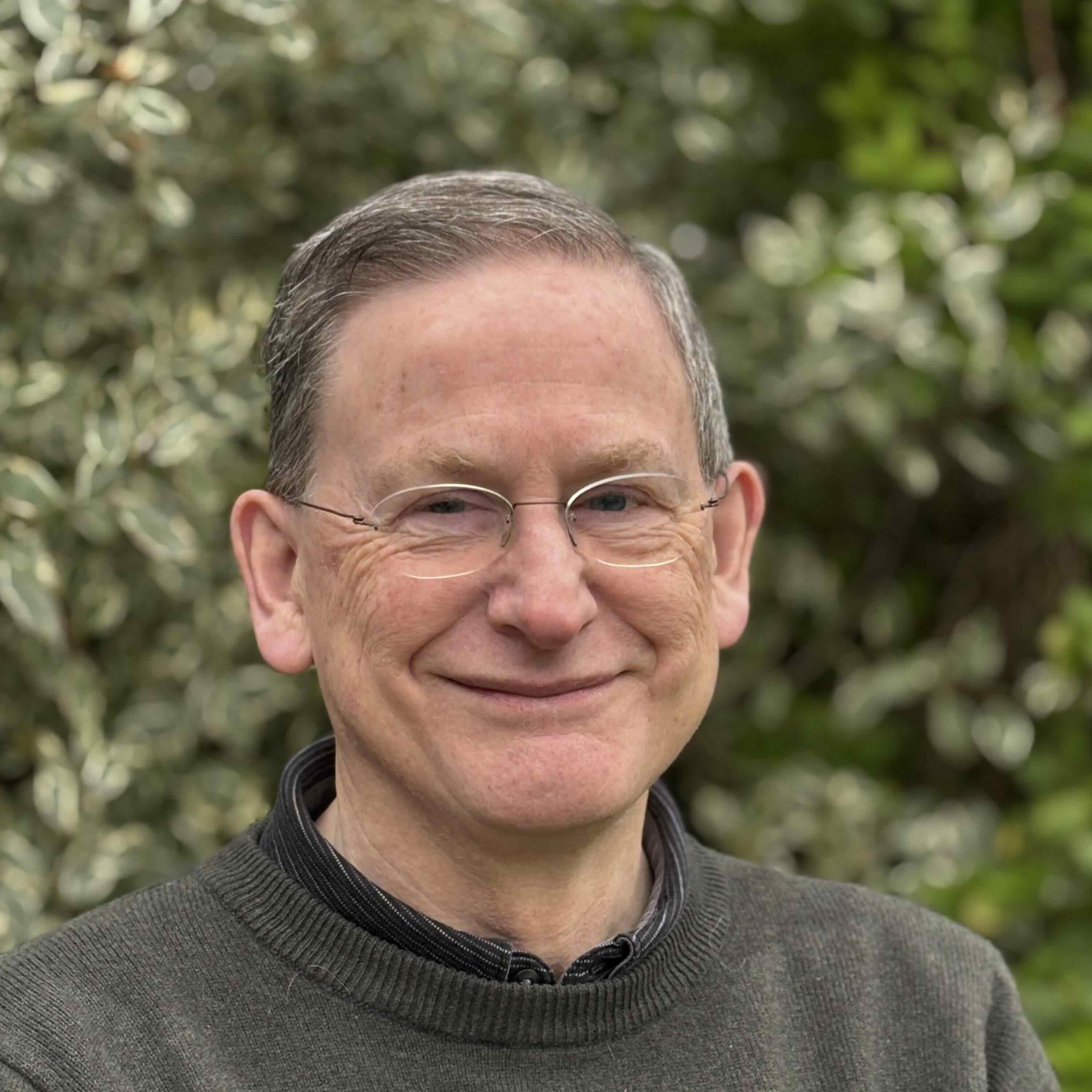Submitted by Rachel Gardner on Tue, 20/05/2025 - 10:05
 Our colleague Professor Andrew Pitts has been elected as a Fellow of the Royal Society, it was announced today (Tuesday 20 May 2025).
Our colleague Professor Andrew Pitts has been elected as a Fellow of the Royal Society, it was announced today (Tuesday 20 May 2025).
More than 90 outstanding researchers worldwide have been recognised this year for their substantial contribution to the advancement of science.
The Royal Society is the UK’s national academy of sciences and the oldest science academy in continuous existence. Its aim is to recognise, promote and support excellence in science, and to encourage the development and use of science for the benefit of humanity.
Sir Adrian Smith, President of the Royal Society said: "I welcome the latest cohort of outstanding researchers into the Fellowship of the Royal Society with great pleasure.
"Their achievements represent the very best of scientific endeavour, from basic discovery to research with real-world impact across health, technology and policy. From tackling global health challenges to reimagining what AI can do for humanity, their work is a testament to the power of curiosity-driven research and innovation."
Andrew Pitts is Emeritus Professor of Theoretical Computer Science here. His research makes use of techniques from category theory, mathematical logic and type theory to advance the foundations of programming language semantics and theorem proving systems.
He has a long-standing interest in the semantics and logic of names, locality and binding. His aim is to develop mathematical models and methods that aid language design and the development of formal logics for specifying and reasoning about programs. He is particularly interested in higher-order typed programming languages and in dependently typed logics.
"The new Fellows' achievements represent the very best of scientific endeavour, from basic discovery to research with real-world impact."
Sir Adrian Smith, Royal Society
Foundations of Computer Science
The Royal Society Directory of Fellows cites Andrew's work on "the foundations of computer science through the application of logic and the mathematical theory of categories. His insight that properties of resources under permutations of their names can serve as the basis for a theory of structures involving locally scoped names has proved very fruitful, giving rise to a large body of work by many people, under the name 'nominal techniques'."
Of his election as a Royal Society Fellow, Andrew says: "Forty years ago this autumn, I took up a Royal Society University Research Fellowship. Although it was not in my original proposal, the flexibility of the Fellowship enabled me to transition from research in Mathematics to research in Computer Science and I have remained very grateful to the Royal Society for that opportunity ever since. I am therefore extremely pleased now to be joining the Society as a Fellow."
- You can read details of all this year's new Fellows on the Royal Society website.

